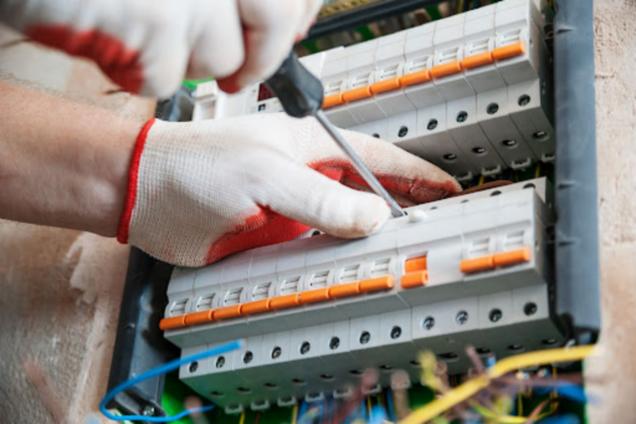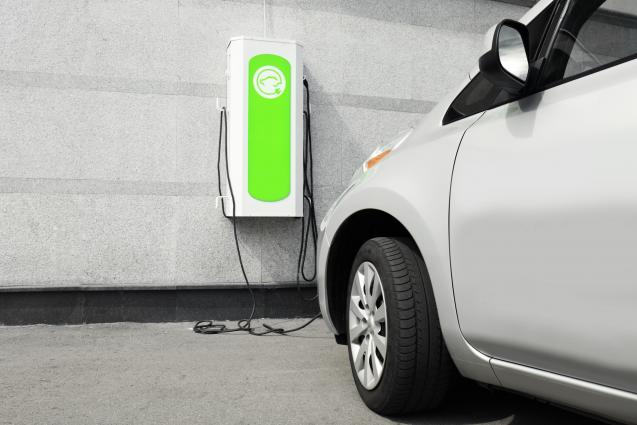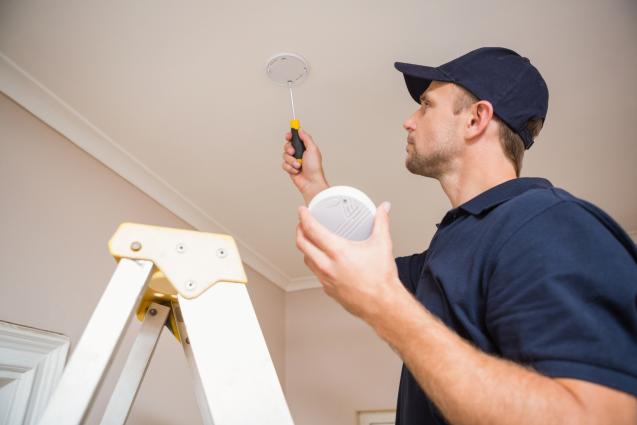
Steps to Prioritise Personal Safety and Home Protection During a Power Outage
The significance of preparing for unexpected situations, such as power outages, cannot be overstated. In Australia, we can cite several instances that underline their potential danger. Between 2008 and 2018, data reveals close to 5,000 potential electrical incidents reported annually on average, with many of these connected to power outages. This harsh reality emphasises the need for readiness in the face of blackouts.
Understanding the Risks Associated with Power Outages
Power outages open the door to multiple simultaneous risks. Perhaps the most apparent are the loss of lighting, temperature control systems such as heating or cooling, refrigeration and the hazards associated with an abrupt return of electricity. The duration of a power outage can significantly accentuate these risks. Extended periods of blackout could invite health risks emanating from food spoilage and a dearth of freshwater.
Past incidents such as the infamous Electric Avenue blackout serve as stark reminders of the potential dangers associated with power outages, where numerous accidents and safety risks occurred due to unforeseen electrical failure. Hence, appreciating these risks and developing comprehensive strategies to counter potential hazards to personal safety and home protection during a blackout is of high importance.
Preparing for a Power Outage: Essential Steps
Emergency kits should be your primary tool against blackouts. Your kit should include bottled water, canned or non-perishable food, durable flashlights, spare batteries, printed instructions for operating critical devices, robust first-aid kits, portable chargers to ensure the functionality of crucial communication devices, and critical documentation to maintain normalcy during an unexpected blackout.
Keeping a stash of diverse lighting alternatives is also wise, such as battery or solar-powered lanterns to replace traditional electrical-dependent lights during a power outage.
Investment in backup power options such as generators can prove invaluable during blackouts by ensuring that critical appliances like refrigerators or medical equipment continue to function amidst power loss. Moreover, defining robust communication plans during an outage, including local emergency numbers and staying in touch with nearby family and friends, can provide additional safety assurance.
Ensuring Personal Safety During a Power Outage
Maintaining a levelled head during a blackout is vital. Staying calm and composed facilitates rational decision-making and can help prevent accidents that might be caused by panic or haste. Nonetheless, health and hygiene should not be compromised, even in blackout conditions. Ensure you have adequate sanitation supplies to maintain a clean and healthy living environment.
In case of a medical emergency during a power outage, make sure medicines, medical equipment and necessary aids are easily accessible. Inform everyone at home about the basic steps needed under specific health emergencies well ahead of time; knowledge can be the difference between life and death during a blackout.
Protecting Your Home During a Power Outage
Protection of appliances and devices during power cuts can prevent unexpected damage. It's important to unplug electrical devices during an outage as this can nullify any damage caused by power surges during electricity restoration.
Conversely, the administration of food and water supplies during blackouts might be challenging but it's crucial to avoid wastage and ensure sustained availability.
Take proactive measures to secure your home from unauthorised intrusion, especially during extended blackouts. Enhanced door and window security coupled with efficient, non-grid dependent security measures, such as battery-powered alarm systems or solar-powered outdoor lighting, can provide a reassuring blanket of safety.
After the Power Outage: Recovery and Assessment
The period immediately post-blackout is equally essential as the actual outage, especially in ensuring safety while restoring power at home. The need for a professional check-up becomes ever more significant to troubleshoot potential electrical issues and to address them promptly.
Any damage incurred during the blackout ought to be evaluated and repaired promptly to secure home safety. Furthermore, replenishing emergency supplies including food and water reserves, batteries, first-aid materials, and updating relevant documents after the outage occurrence can be crucial in keeping your emergency readiness undeterred. Regular refinement of your blackout safety plans to keep in step with any adjustments in your home or family situation guarantees the continued efficacy of this robust precautionary measure against power failures.
Conclusion
Prioritising personal safety and home protection during power outages is crucial, and it transcends through proper preparedness and execution of safety measures. The key to handling electrical outages safely is to prepare for an eventuality, remain calm during the ordeal, and reassess your strategies after each incident to ensure your plans are still viable and effective.
Power outages are unpredictable, still, our responses to them need not be. By adhering to these safety and prevention measures, you can stem the potential dangers that power outages pose to personal safety and the protection of the home. Ensure your plans are adaptable, reliable and up-to-date. Remember, preparedness is the cornerstone of security against blackouts.



